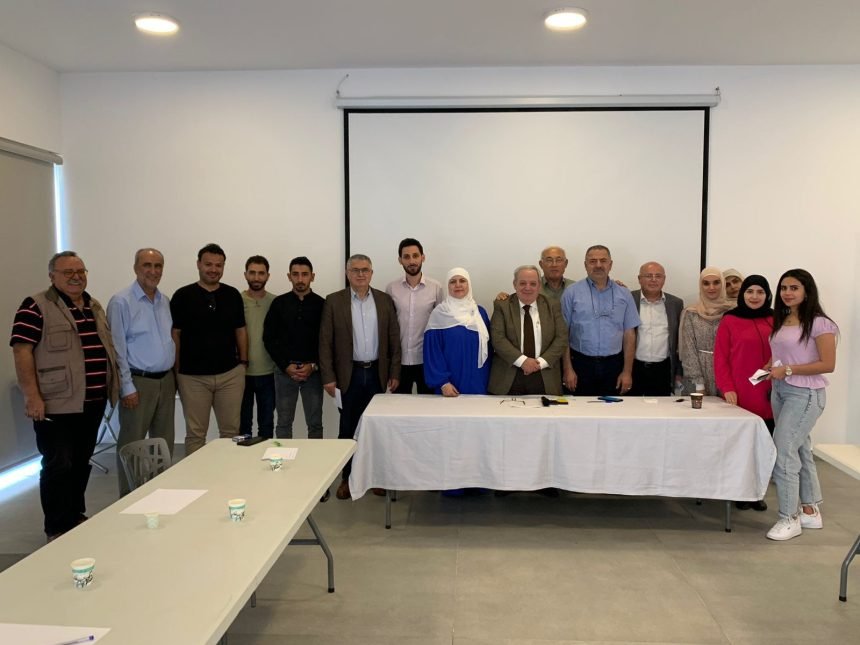At the First Environmental Conference for the Villages of Coastal Zahrani on May 21, 2024, Mr. Ghassan Baydoun, a policy analyst with the LIMS, delivered a sobering assessment of Lebanon’s deteriorating public services. He attributed the decline to the country’s ongoing economic crisis. Rather than instilling economic reforms, the crisis has shifted policymakers’ focus from welfare provision to revenue collection. This shift, he warned, threatens further disintegration of the state and inefficiency in delivering essential services like electricity and water.
Mr. Baydoun’s presentation emphasized the urgent need for administrative decentralization, as outlined in the Taif Agreement. He argued that empowering municipalities to play a developmental role in collaboration with the private sector could significantly improve service delivery. Citing the city of Zahle as a successful example, he described how the municipality there led a policy change that allowed a private company to generate and sell electricity. Through a robust advocacy campaign involving MPs, religious leaders, and the general public, Zahle secured legislation enabling private sector participation in electricity.
Baydoun called for similar initiatives across Lebanon, particularly in renewable energy projects. He highlighted that engaging with the private sector could enhance municipalities’ financial independence and their ability to deliver essential services effectively.
The conference underscored the critical need for innovative solutions to address Lebanon’s pressing public service challenges. By adopting a more decentralized approach and fostering private sector engagement on the local level, Lebanon can work towards a more resilient and efficient future.
- A Meeting in Zrarieh About “Administrative Decentralization and the Role of Municipalities in Achieving Sustainable Development Goals”, May 21, 2024: NNA, Article AR

